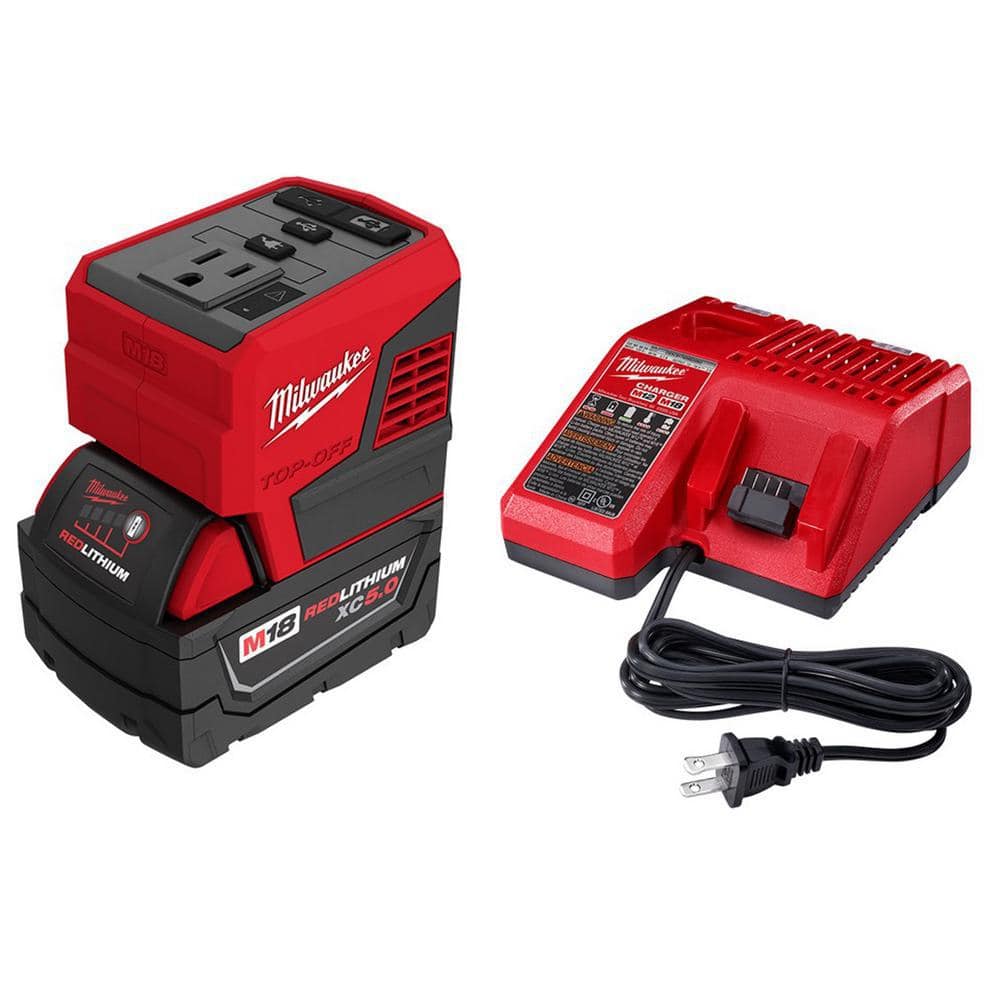I live in a place where power outages are common. Most last for a matter of hours. But in 2011 and 2012 we had a hurricane come up the east coast and hit us in NY. Both times the power was out for 13 days. I live in the woods and there were a lot of downed power lines.
Fortunately, we had installed a whole house back-up generator prior to those events. We did this because we were caring for an ageing mother (in her 90s) with dementia. She could not survivie an extended power outage during either extreme heat or cold and had a full time health aide. Hotels are not plentiful in the area and they fill up fast when outages are extended. But what sealed the deal for us getting the gennie was the fact that iIhad been working with zebra plecos and was pretty successful. I came to the realization that between the breeding stock and the offspring there were many $1,000s worth of fish in just a few of my 15 tanks .
Now the problem with out solution was cost. No battery or solar system can provide what we needed and at the time we installed the gennie there were not great option for battery storage of electricity on a whole house scale. The nice part of our system is that it will come on automatically if the public power is out for 20 seconds and turns off when the utility supply returns. Our back-up power is hooked to the incoming power line before it reaches the house, so no internal rewiring was needed.
Now as for other options as have been mentioned, most are not prictical in the majority of power outages. If they last for more than a few hours, i.e. days and days, using batteries would not be cheaper than a gennie and woult not provide a week;s worth of power. Moreover, if you lose power in the dead of winter in Canada you will need to drain your pipes of water or they will freeze and that will result in pipes breaking and, when the ice melts, the home floods. And how long might the power be out? Who knows. But are you willing to live in a house that is basically as cold as it is outside if the fish space was OK?
Our gennie had been deliverd but it was not yet all hooked up when we had a power outage in cold weather. It only lasted about 6 hours, but with no power to tanks I was rotating my battery powered air pumps between tanks. But my tanks with the zebra plecos needs to be no cooler than 78F or a tad cooler for the most part and I normally run them anywhere from 82 to 92. So air was not the problem, heat was. I had no idea how long we might be without power. My solution was to scoop out a pot of water from the tank, then take it outside and heat it on our grill. I then returned warmed water to the tank. I do not know what I could have done if that outage was a day long and not just hours. The house was cooling pretty quickly.


